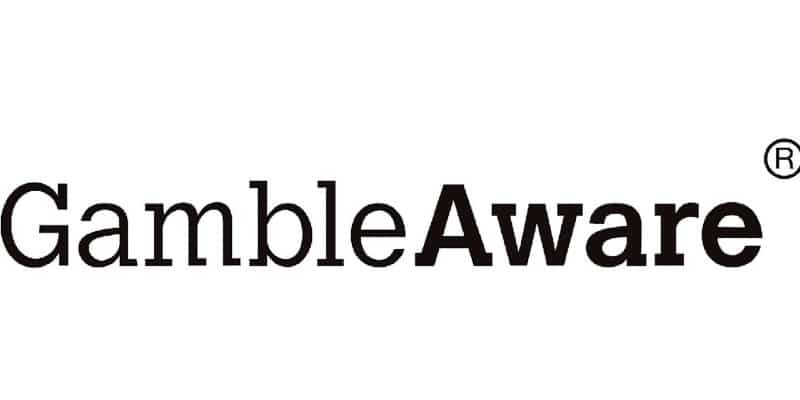
GambleAware Reveals That Online Surveys Can Overestimate Gambling Harm. The research employs 8 different surveys to prove this. (Image Source: begambleaware.org)
It has been revealed that GamblingAware has recently published research that highlights the difference in gambling surveys and how they affect the final results. GambleAware commissioned the research to enhance research carried out on the harms of gambling and also to understand the true demand for support and treatment of gambling harms. The research employs 8 different surveys to explain how methodological factors in each one can bring different results.
According to the major findings of the result, surveys that use online self-compilation exclusively usually produce a higher number of gambling harm in contrast to those that use paper-completed responses (usually through a face-to-face interview). The research by GambleAware also revealed that this result is due to biased selection because those who use online technology find it easier and more suitable to use online surveys. It is more likely that the people in this category are online gamers, thus, online surveys will overrate gambling harm.
According to GambleAware, research on gambling harm could move online because of the rising cost of a face-to-face survey. However, an online survey must be combined with methodical development and testing to eliminate the selection bias. GambleAware added that researchers should not completely remove in-person surveys because they can still use face-to-face interviews and probability sampling to provide periodic benchmarks.
Statement From Professor Patrick Sturgis
Commenting on the survey, a professor of the London School of Economics (Department of Methodology), Patrick Sturgis stated that research carried out has revealed that online surveys have a higher tendency of systematically overestimating how widespread gambling harm is compared to when face-to-face interview survey is employed. Sturgis continued that, given the rising and very high cost of in-person surveys as well as the limitations it places on the frequency of surveys and sample size, a principal shift to online data collection is recommended for future use complemented by recurrent in-person benchmarks.
Statement From Alison Clare
GambleAware Director of Information and Knowledge, Alison Claire also commented on the research, stating that the company wants its support, treatment, and prevention commission to be well informed by the top available evidence. The Director added that it is important for the company to have reliable survey data despite the constraints of data collection as the world is shifting massively to the online world. In her last remarks, Claire stated that the annual GB Support and Treatment survey from GambleAware is a key tool in achieving the company’s goal on demand for gambling harms treatment and support. It is equally essential for the capability, capacity, and services required across Great Britain to meet the demand.

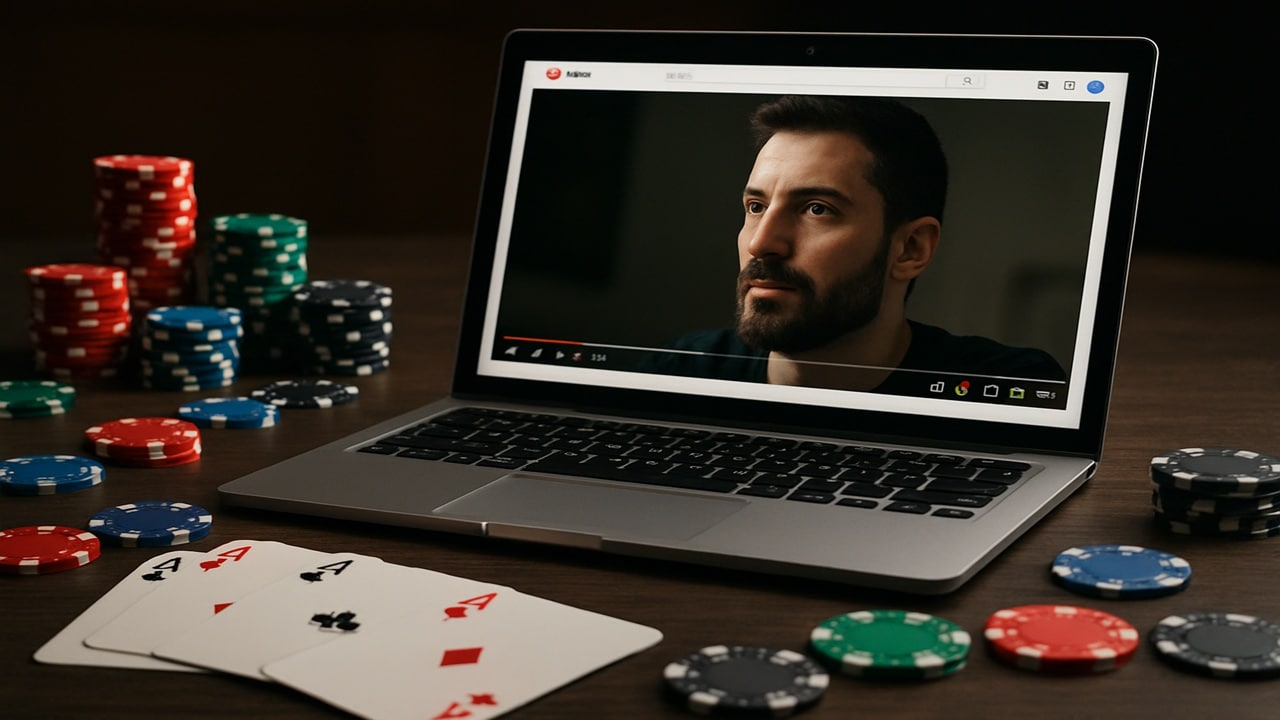


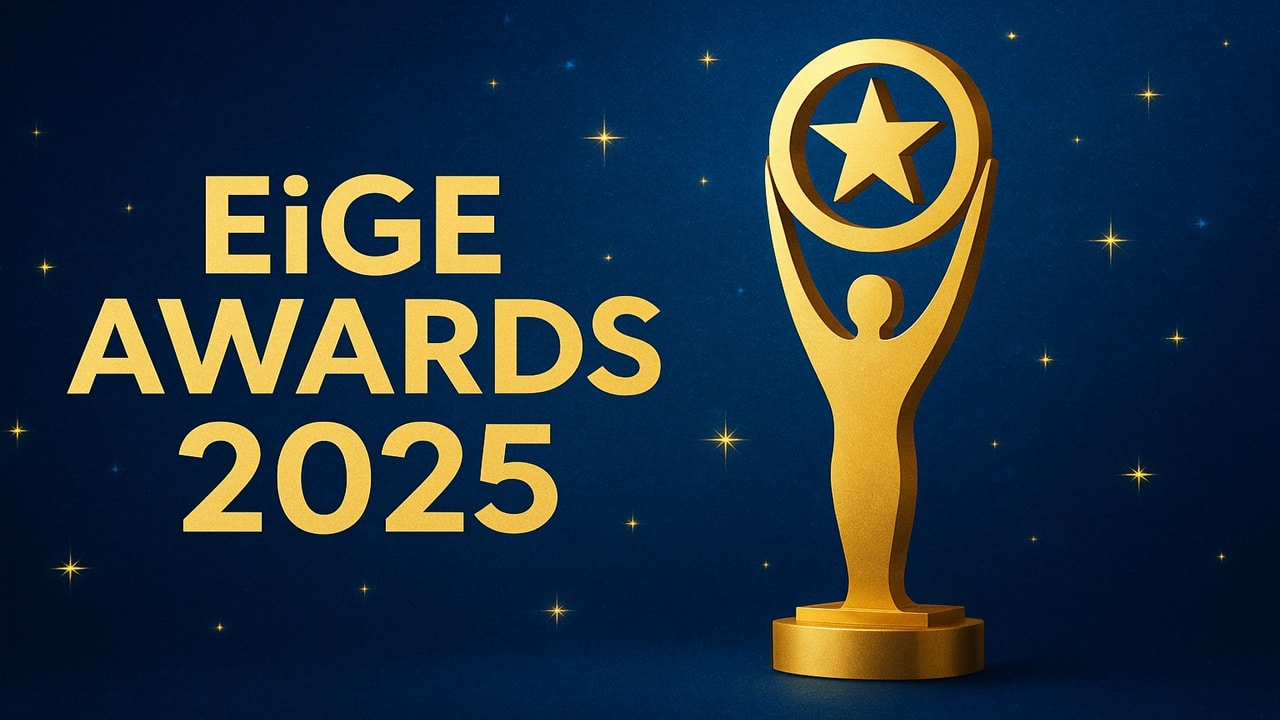
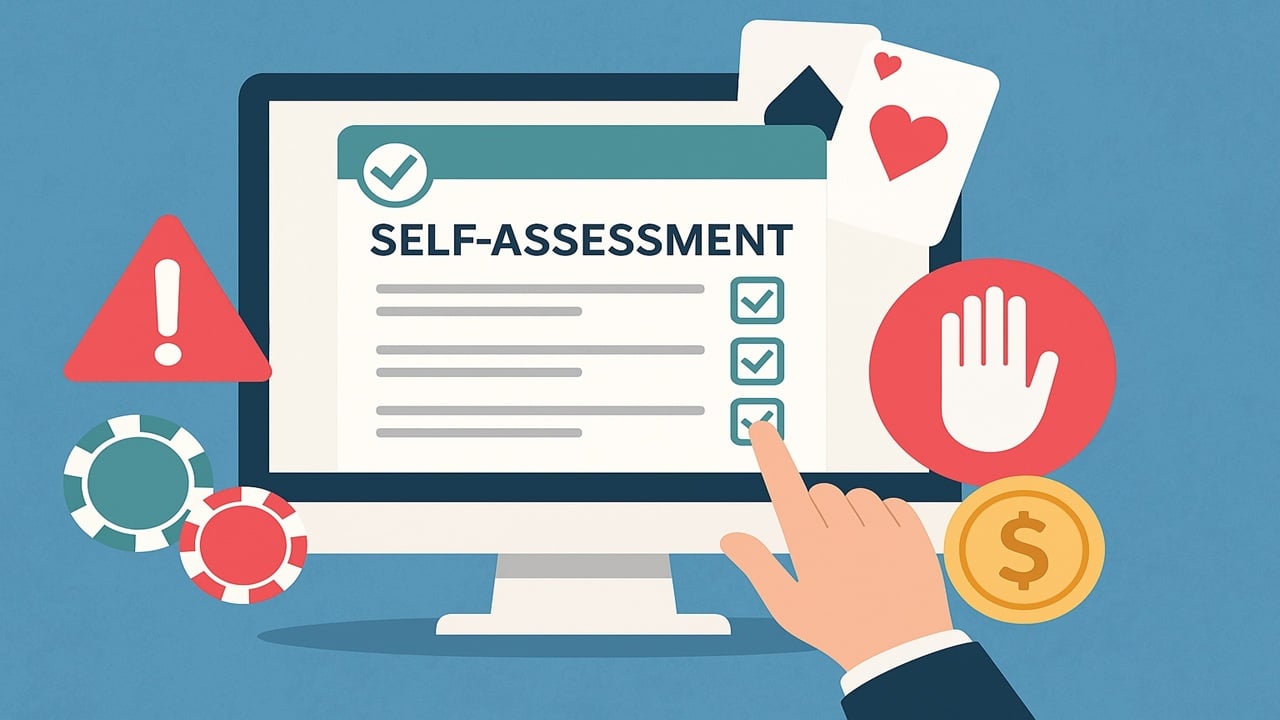
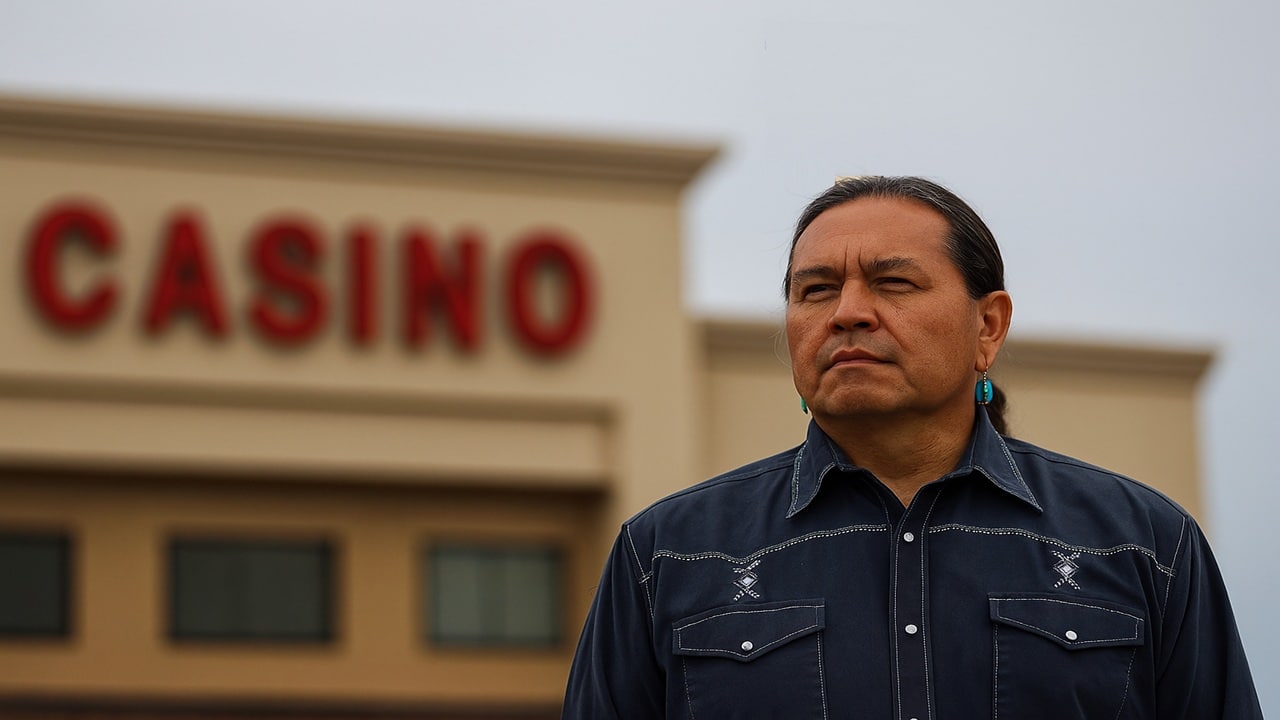


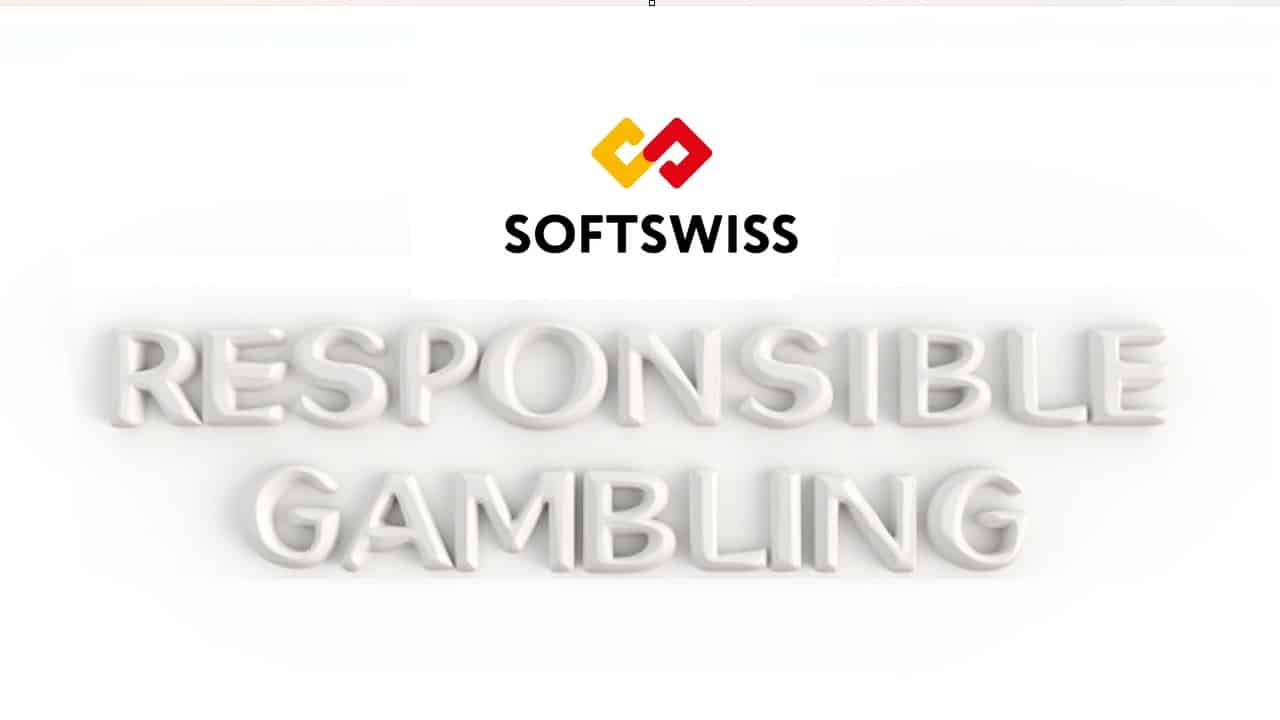
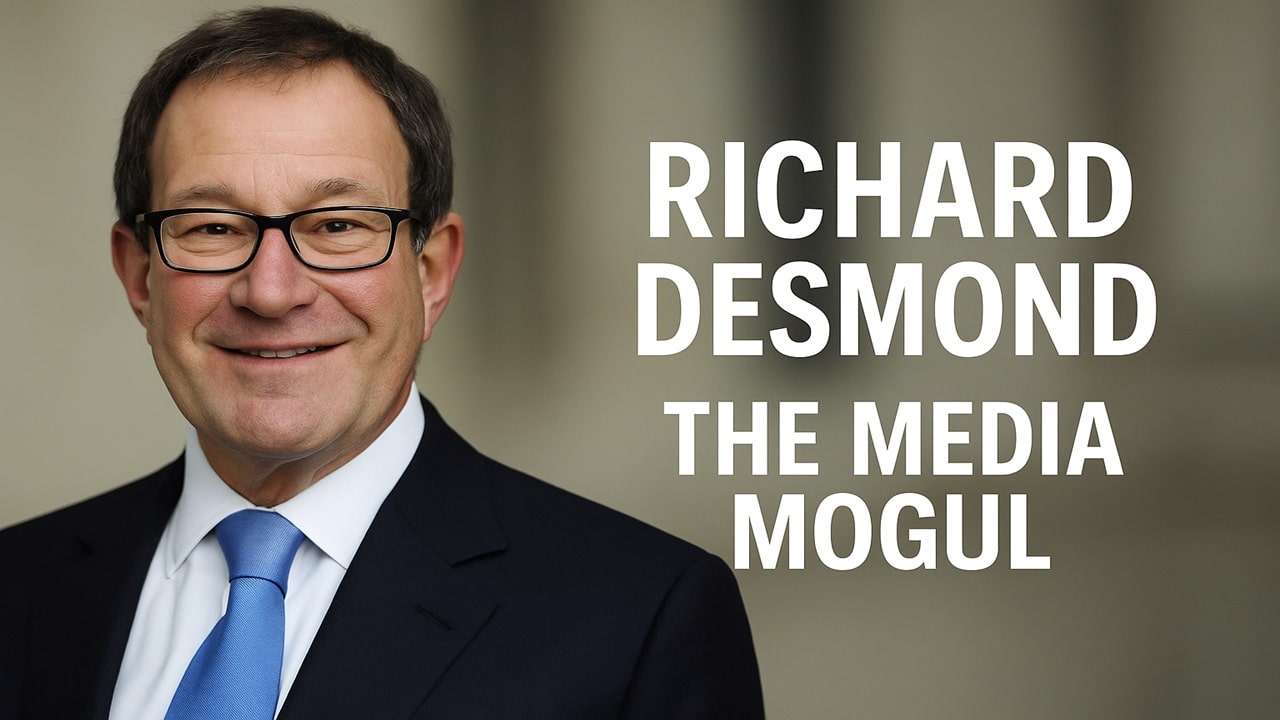
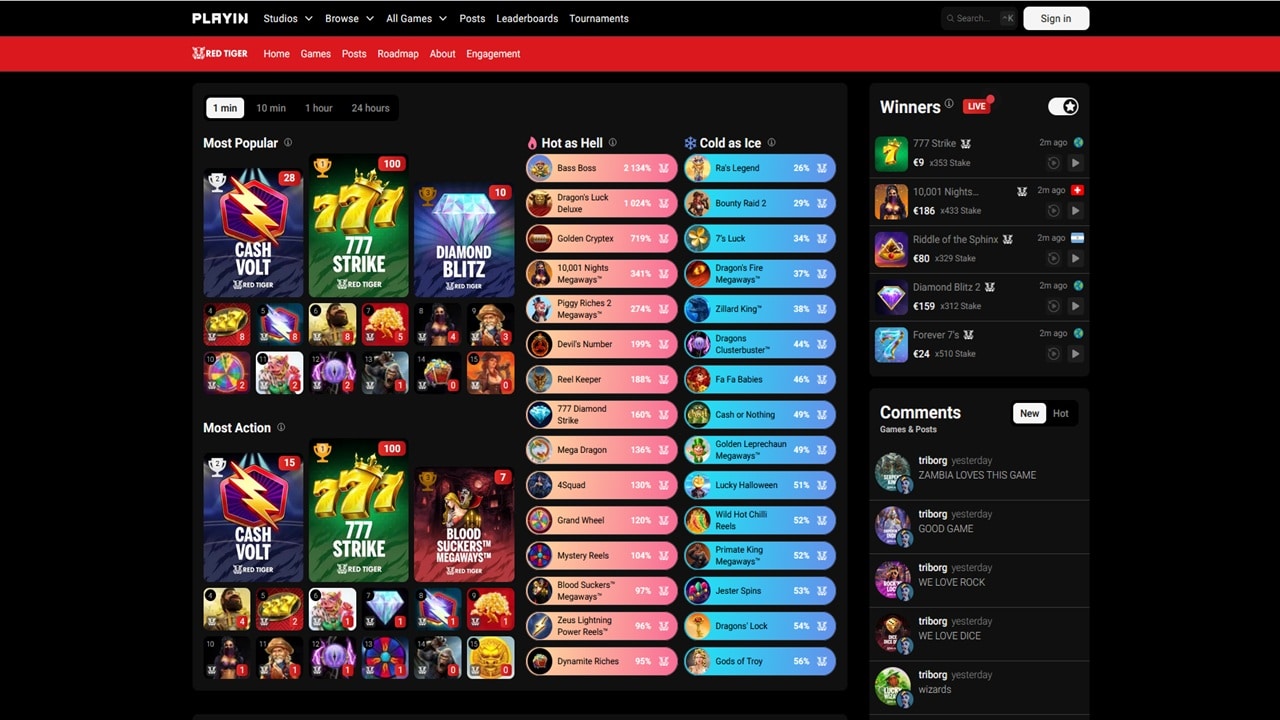
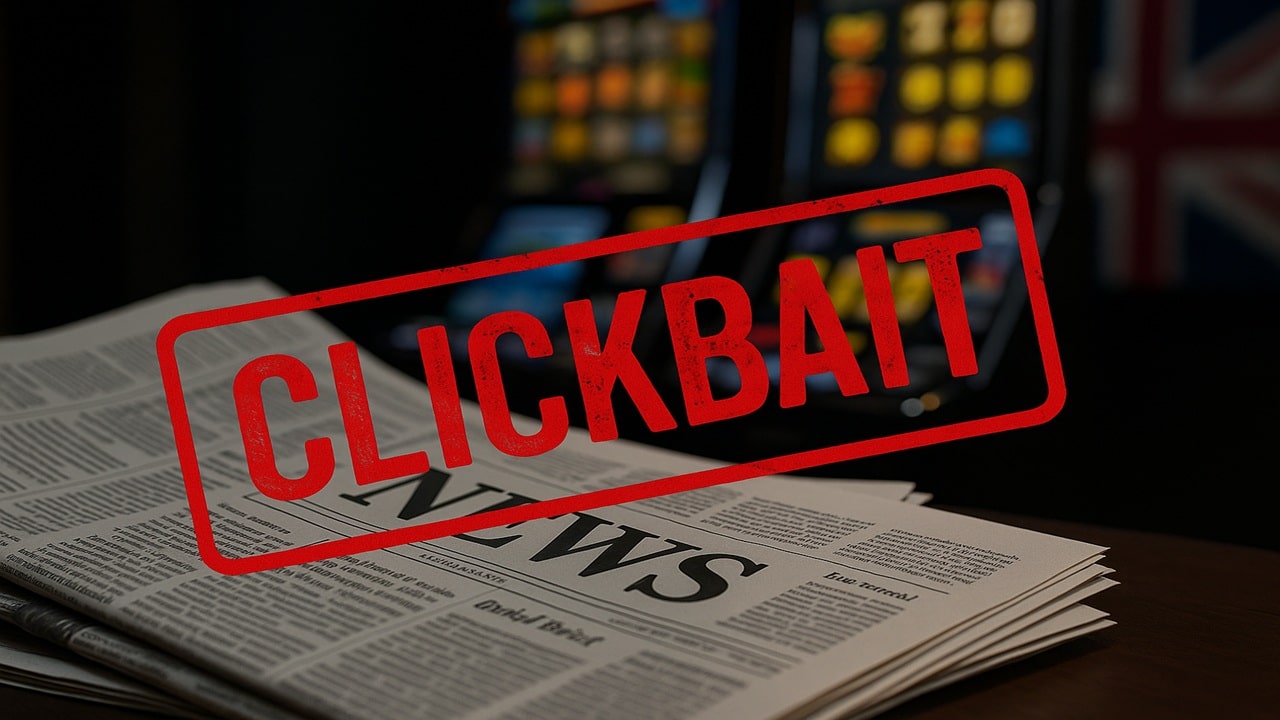

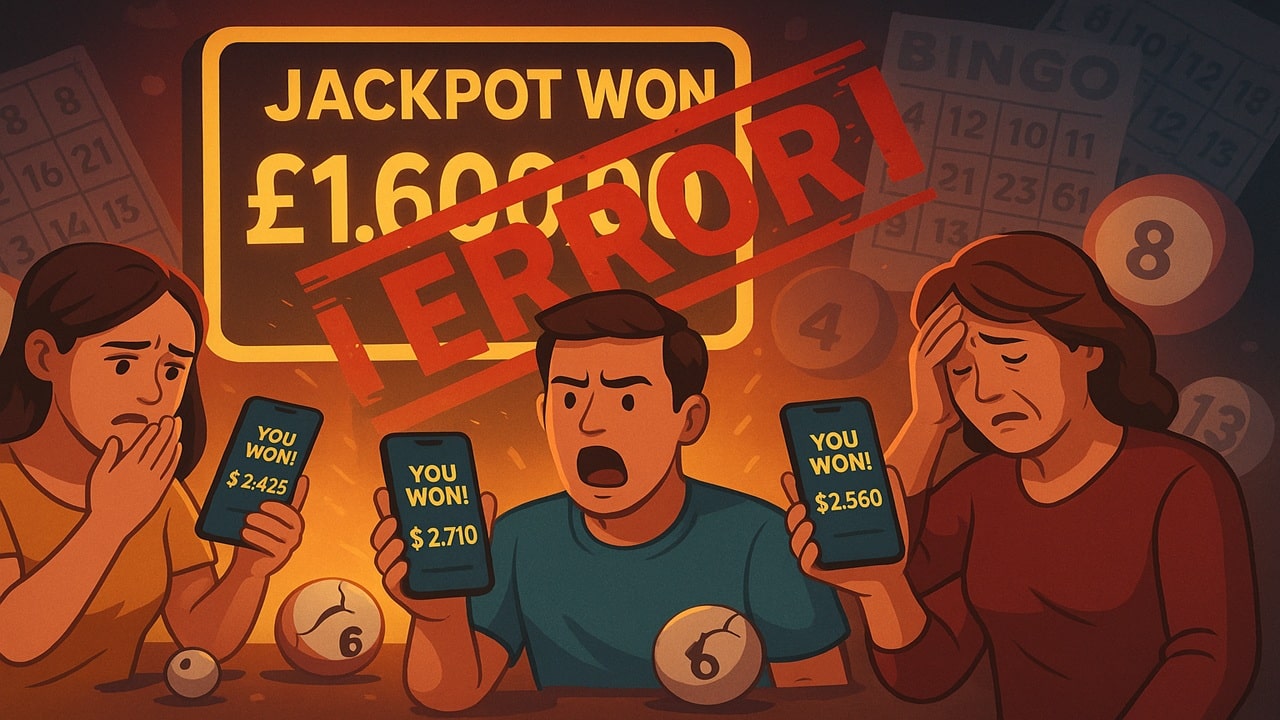
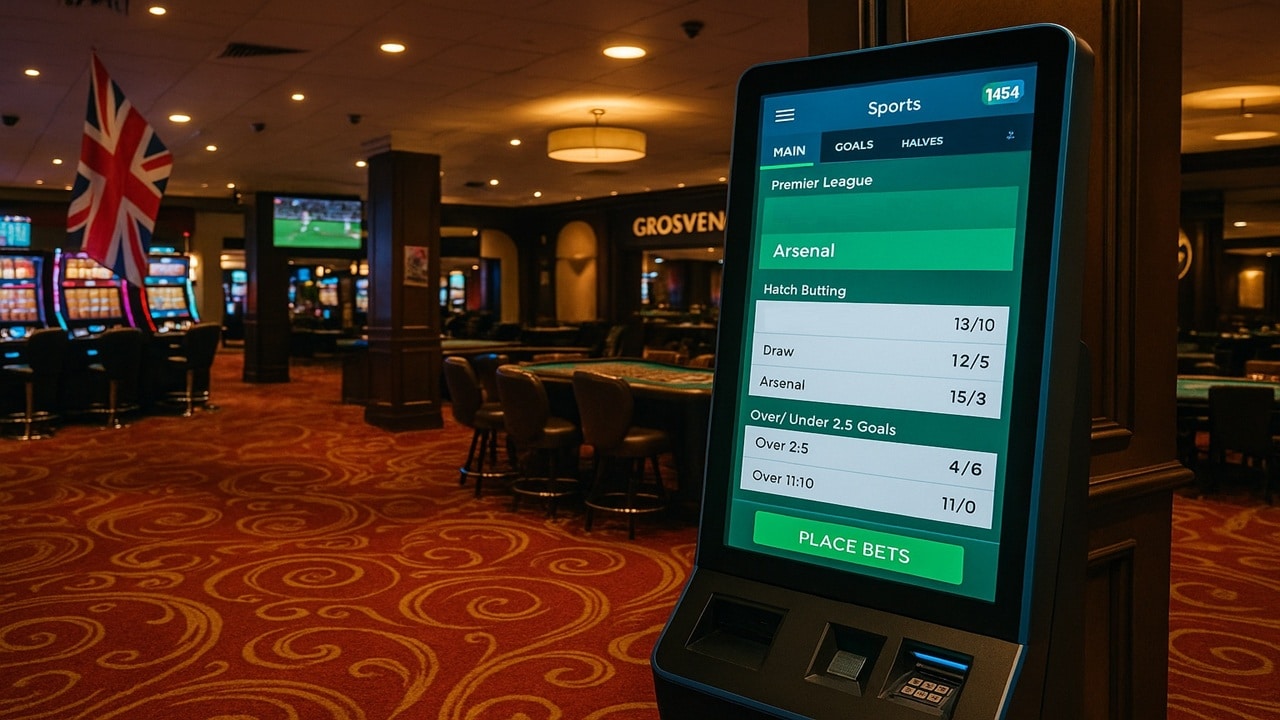
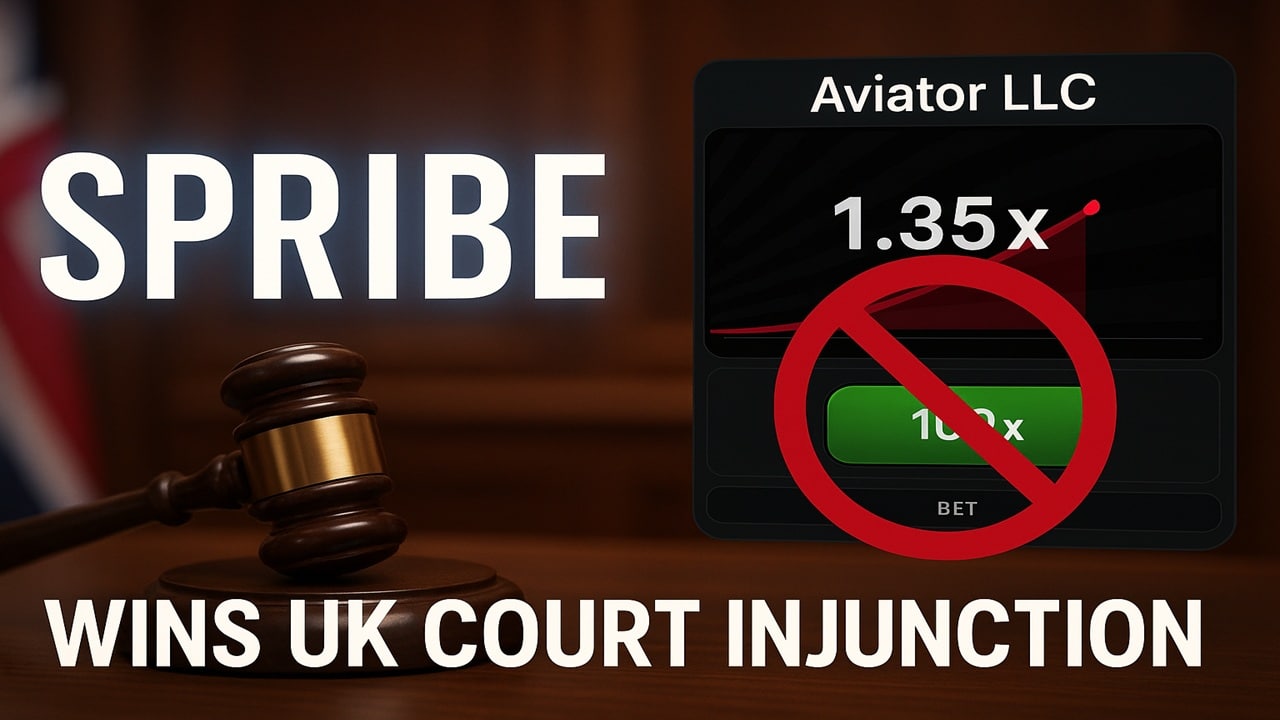
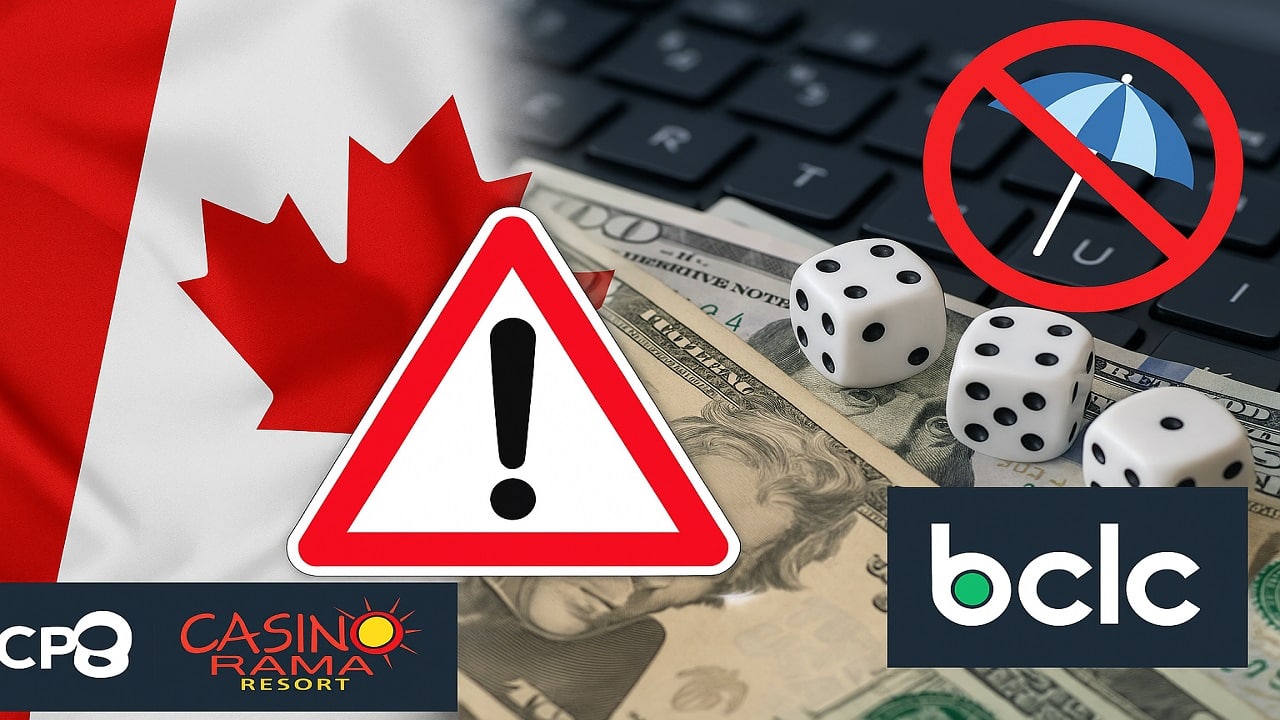
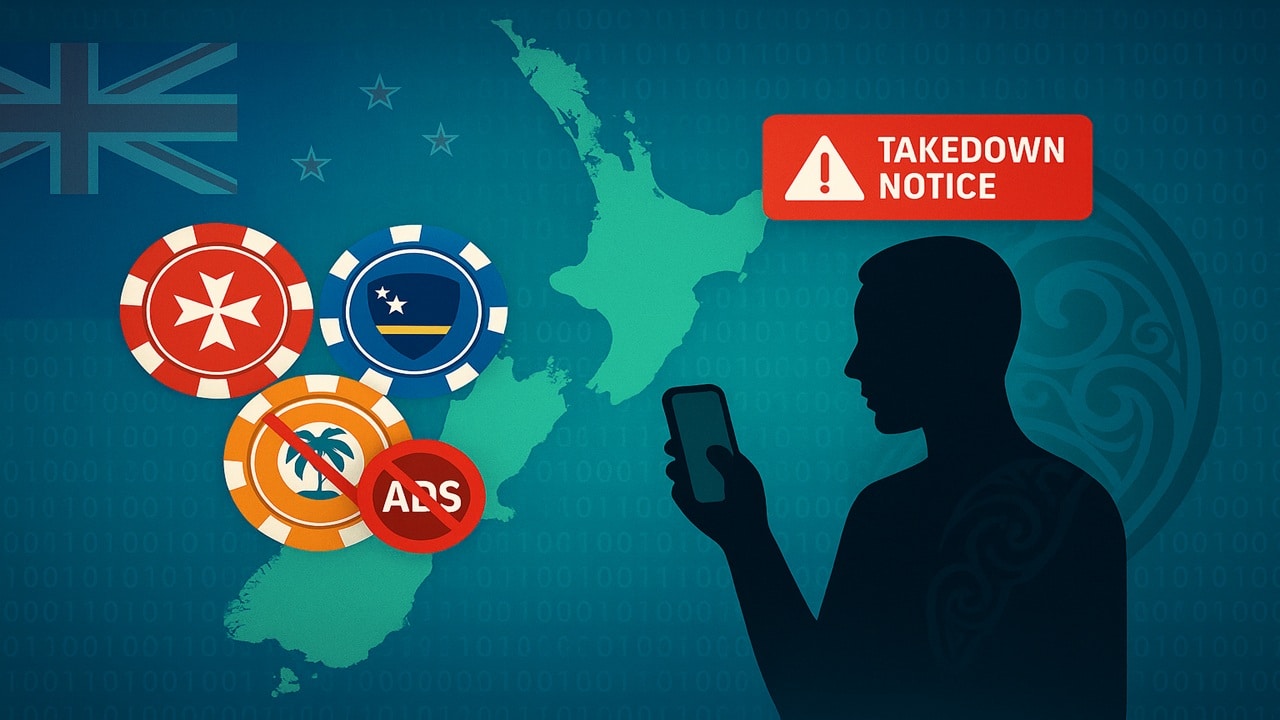

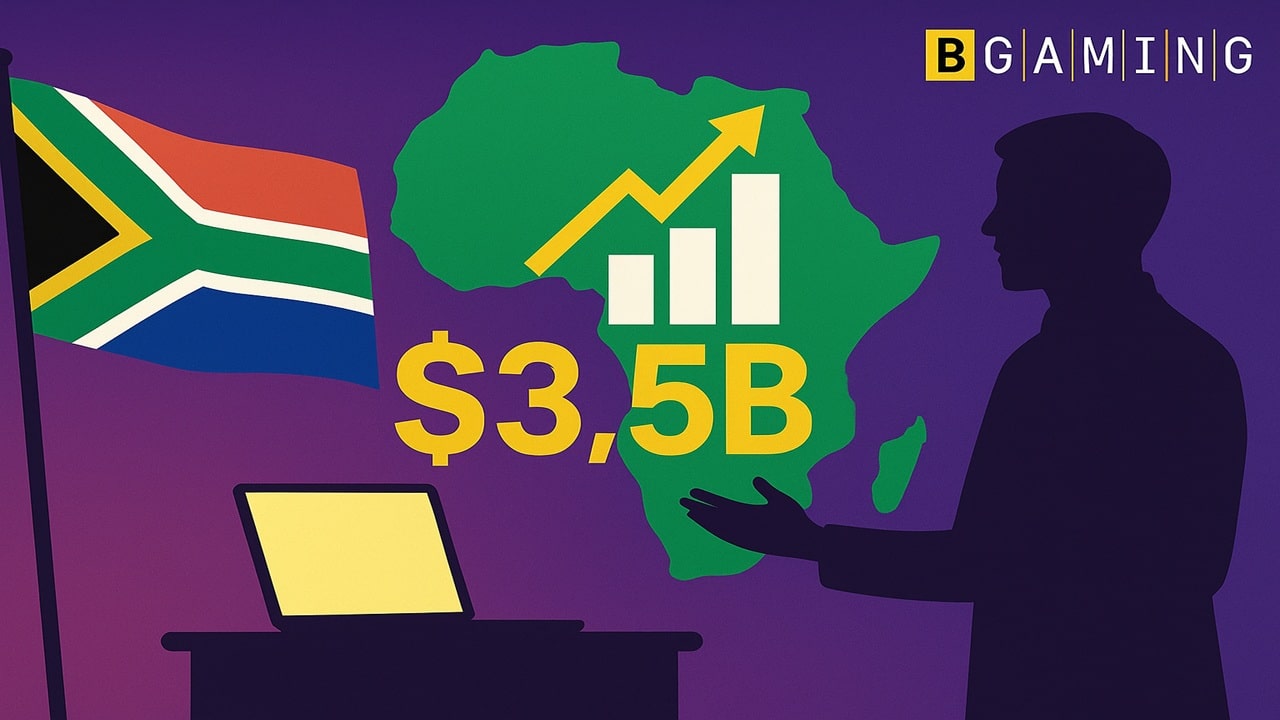


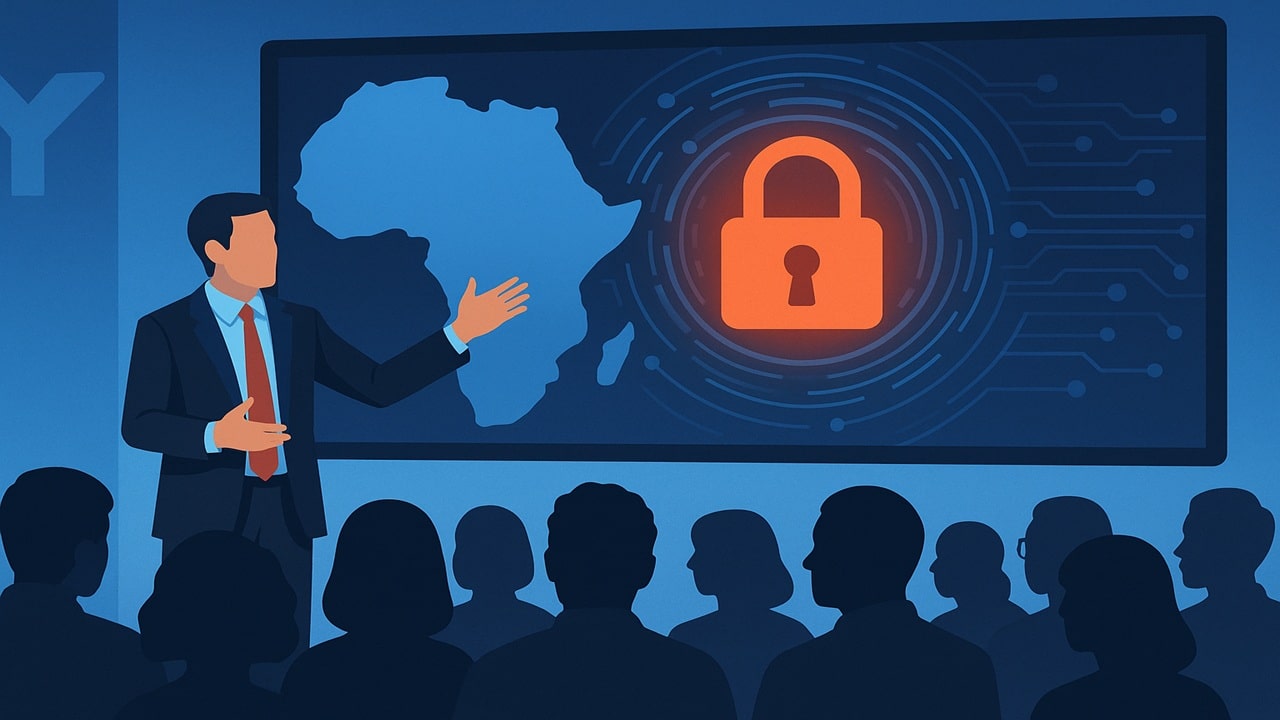

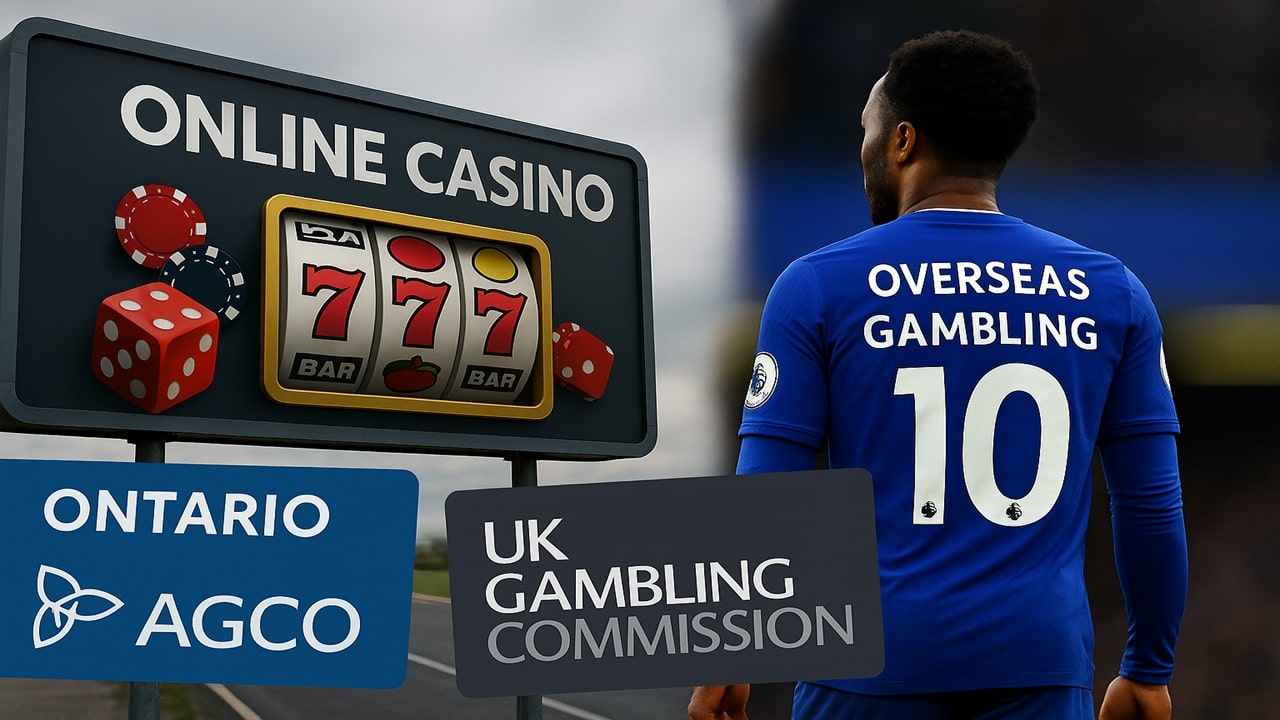





Leave A Comment